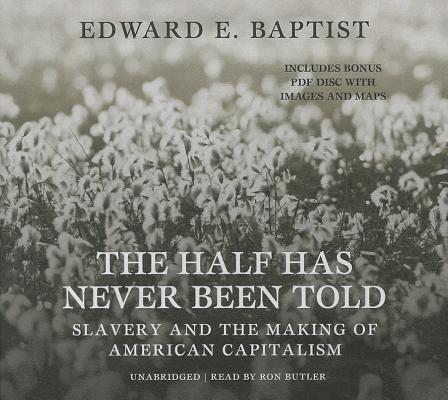Expedite your nonfiction book discovery process with Readara interviews, summaries and recommendations, Broaden your knowledge and gain insights from leading experts and scholars
In-depth, hour-long interviews with notable nonfiction authors, Gain new perspectives and ideas from the writer’s expertise and research, Valuable resource for readers and researchers
Optimize your book discovery process, Four-to eight-page summaries prepared by subject matter experts, Quickly review the book’s central messages and range of content
Books are handpicked covering a wide range of important categories and topics, Selected authors are subject experts, field professionals, or distinguished academics
Our editorial team includes books offering insights, unique views and researched-narratives in categories, Trade shows and book fairs, Book signings and in person author talks,Webinars and online events
Connect with editors and designers,Discover PR & marketing services providers, Source printers and related service providers

The Half Has Never Been Told: Slavery and the Making of American Capitalism
History > United States - Civil War Period (1850-1877)
- Blackstone Audiobooks
- Audio
- 9781483030678
- 6.1 X 6.9 X 2 inches
- 1.05 pounds
- History > United States - Civil War Period (1850-1877)
- (Single Author) Asian American
- English
Readara.com
Book Description
In The Half Has Never Been Told, historian Edward E. Baptist reveals the alarming extent to which slavery shaped our country politically, morally, and most of all, economically. Until the Civil War, our chief form of innovation was slavery. Through forced migration and torture, slave owners extracted continual increases in efficiency from their slaves, giving the country a virtual monopoly on the production of cotton, a key raw material of the Industrial Revolution.
As Baptist argues, this frenzy of speculation and economic expansion transformed the United States into a modern capitalist nation. Based on thousands of slave narratives and plantation records, The Half Has Never Been Told offers not only a radical revision of the history of slavery but a disturbing new understanding of the origins of American power that compels listeners to reckon with the violence and subjugation at the root of American supremacy.
Author Bio
I focus on the history of the 19th-century United States, and in particular on the history of the enslavement of African Americans in the South. The expansion of slavery in the United States between the writing of the Constitution in 1787 and the outbreak of the Civil War in 1861 had enormous consequences for all Americans.
Indeed, the expansion shaped many elements of the modern world that we now live in, both inside and outside the borders of the United States. I am writing a book about that process: the experience of the slave trades and forced migrations that drove expansion, the systems of labor that emerged, the economic and political and cultural consequences for women and men and children.
Source: Cornell University - The Department of History
Community reviews
No Community reviews








